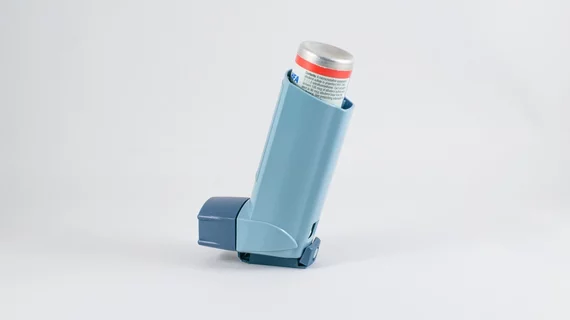Using a deep neural network equipped with all patient information relevant to diagnosing adult asthma, researchers in Japan have achieved 98% diagnostic accuracy.
This topped the performance of two AI-aided models using similarly thorough patient information, logistic analysis (94% accuracy) and support vector machine learning (82%).
Katsuyuki Tomita, MD, PhD, of Yonago Medical Center and colleagues reported their findings online May 30 in Allergology International.
The team also tested the three techniques using only physical symptoms presented by the 566 patients who made up their study cohort. Here the deep neural network still bested the other techniques, achieving 68% accuracy vs. 65% for logistic analysis and 60% for support vector machine learning.
The full complement of patient information included not only physical symptoms but also biochemical findings, lung function test results and results from a bronchial challenge test.
For the study, the definitive diagnosis against which the models were checked came from asthma specialists working with all relevant patient data.
In their discussion, Tomita et al. state that their study is probably the first in which computers performed nearly as well as human experts at diagnosing adult asthma.
“Our simple approach using deep neural networks is more accurate than conventional machine learning methods and can be employed to implement practical personal assistant services,” they write. “The next step [is] to persuade more hospitals to use the technology and investigate transferring the AI-based [approach] to primary care.”
The journal has posted the study in full for free.

